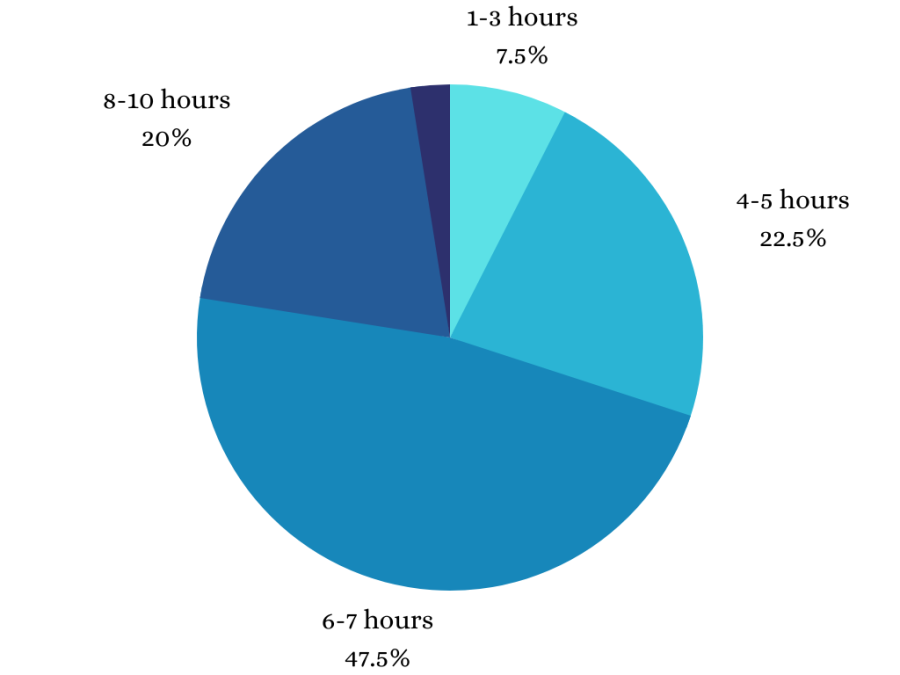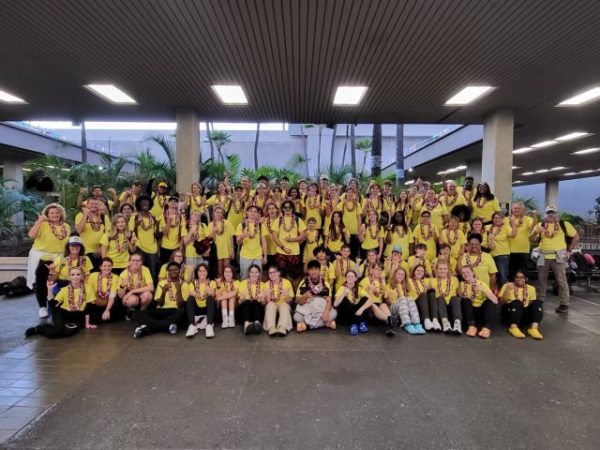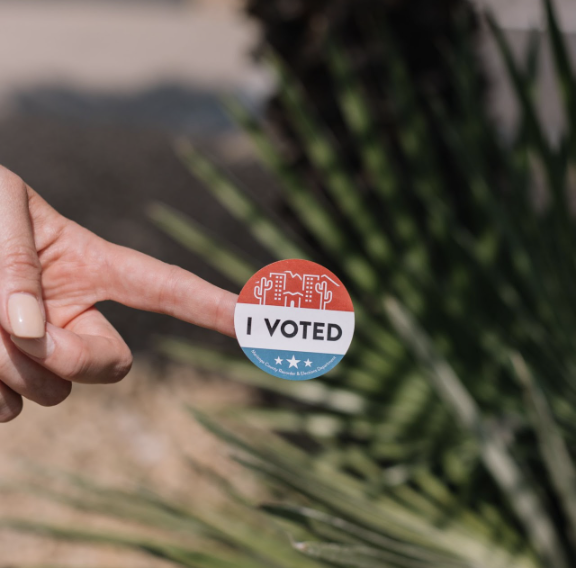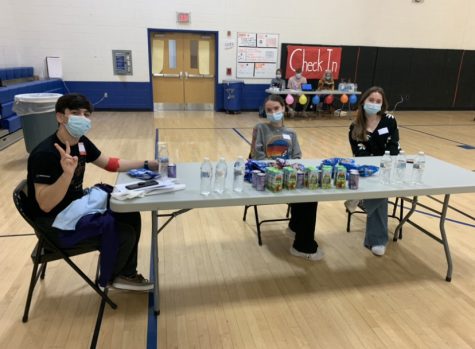The Sleep Crisis
A shocking 80% of Tuscarora students feel that they are sleep deprived
(THS student poll data on average hours of sleep per night)
According to the Centers for Disease Control and Prevention (CDC), teenagers ages 13-18 should get 8-10 hours of sleep every night. A survey was given to 40 Tuscarora students that asked how many hours of sleep they get on average each night, and the results were surprising: only 20% of students reported getting the recommended 8-10 hours of sleep. 7.5% get 1-3 hours of sleep, and 2.5% get 3-4 hours. A large portion, 47.5%, get 6-7 hours of sleep, which is still considered sleep deprived. In total, 80% of students report not getting the recommended amount of sleep for teenagers. This lack of sleep has numerous effects on students’ well-being.
“I zone out more, get stressed easier, become irritable faster, and I can’t handle my emotions as well as I would if I was running on enough sleep,” sophomore Tomi Bolarinwa said. Bolarinwa reported getting an average of 1-3 hours of sleep, and this causes heightened stress for her.
Claudia Hunn, a senior who gets 4-5 hours of sleep, reported feeling sleepy during independent class activities or watching a video. “…the bags under my eyes are definitely growing at a steady pace,” Hunn said.
Over-achieving students have a jam-packed schedule filled with extracurriculars, difficult classes, and sports. These busy schedules don’t leave adequate time for sleep for a lot of students; they may have to choose between a good test grade or a good night’s sleep.
“…the time I would’ve spent studying I want to use for sleep…so my test grades have definitely suffered the most,” Hunn said.
“Subjects like math and history are the ones that affect whether or not I got to bed early most days,” Bolarinwa added.
Students attempt to create studying time by taking away time for sleep, but this can end up hurting their grades because they are tired in class. A lack of sleep also causes extra stress for many. Both Bolarinwa and Hunn said that their stress levels are higher as a result of getting little sleep.
“I just feel stressed even at the littlest things when I am low on sleep. It’s horrible and it’s something that I’ve been trying to work on,” Bolarinwa said.
Although not getting 8-10 hours of sleep each night may not seem like a huge issue, it chips away at the mood, mental-wellbeing, and grades of students.
A concerning 32.5% of students receive 5 or less hours of sleep each night. Many students also report having an inconsistent sleep schedule. Teachers and students at Tuscarora should be made aware of these issues because a lack of sleep affects both the minds and physical health of their students and peers.
Sydney is a sophomore at Tuscarora, and this is her first year as a staff writer for The Pack. Sydney is in choir and theater at THS and plays classical...










